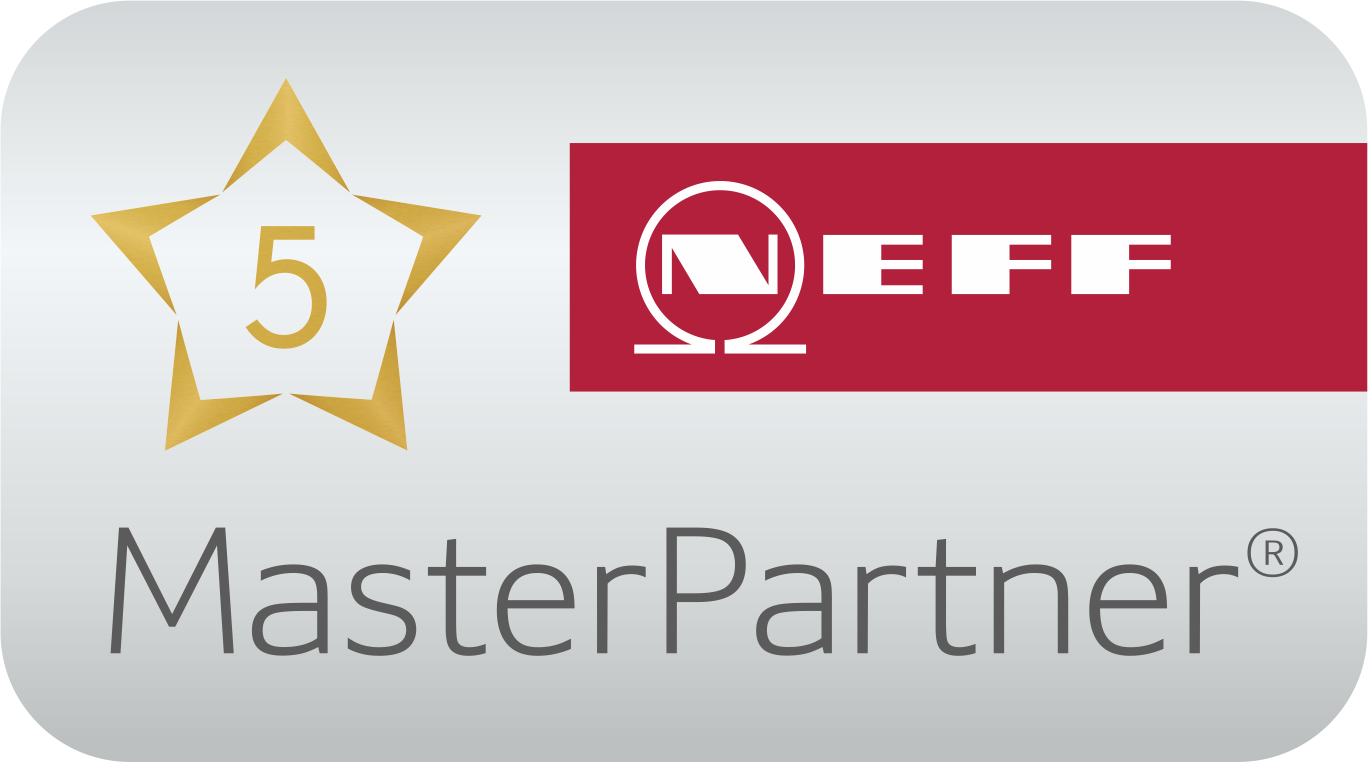Kitchen Project Management: Navigating the Path
Embarking on a kitchen renovation or remodeling project is an exciting endeavor that promises to transform the heart of your home into a culinary sanctuary. However, the journey from conceptualization to completion requires meticulous planning, coordination, and execution. Effective kitchen project management is essential to navigate the complexities of renovation, ensuring a seamless and successful outcome. Here, we explore key strategies and considerations for orchestrating a kitchen project with precision and confidence.
1. Define Your Vision:
Before initiating any renovation work, it’s crucial to define your vision and objectives for the project. Consider your lifestyle, culinary preferences, and aesthetic preferences to conceptualize a kitchen design that aligns with your needs and aspirations. Collaborating with design professionals, architects, and contractors can provide valuable insights and expertise to refine your vision and translate it into a tangible design concept.
2. Establish a Realistic Budget:
Setting a realistic budget is a cornerstone of effective project management, guiding decision-making and resource allocation throughout the renovation process. Conduct thorough research to understand the cost implications of various design elements, materials, and labor costs. Factor in contingency funds to account for unforeseen expenses and fluctuations in material prices. By establishing a clear budgetary framework from the outset, you can mitigate financial risks and ensure that your project remains on track and within budgetary constraints.
3. Select a Competent Project Team:
Choosing the right project team is essential to the success of your kitchen renovation project. Seek recommendations from trusted sources, review portfolios, and conduct interviews to assess the expertise, qualifications, and communication skills of potential contractors, architects, and designers. Establishing open lines of communication and fostering a collaborative working relationship with your project team fosters transparency, accountability, and synergy, facilitating effective decision-making and problem-solving throughout the renovation process.
4. Develop a Comprehensive Timeline:
A well-defined timeline serves as a roadmap for the renovation project, outlining key milestones, deadlines, and dependencies. Collaborate with your project team to develop a comprehensive timeline that factors in all stages of the renovation process, from demolition and construction to installation and finishing touches. Incorporate buffer periods to accommodate potential delays or unforeseen challenges, allowing for flexibility and adaptability without compromising project integrity or quality.
5. Prioritize Quality and Sustainability:
In the pursuit of culinary excellence, prioritize quality craftsmanship, and sustainable practices in material selection and construction methods. Opt for durable, high-quality materials that withstand the rigors of daily use while embodying timeless elegance and style. Embrace eco-friendly design principles and energy-efficient technologies to minimize environmental impact and promote long-term sustainability. By prioritizing quality and sustainability, you can create a kitchen that not only elevates your culinary experience but also contributes to a healthier, more sustainable future.
In conclusion, effective kitchen project management requires careful planning, clear communication, and unwavering commitment to quality and excellence. By defining your vision, establishing a realistic budget, selecting a competent project team (the team at Byle’s can help), developing a comprehensive timeline, and prioritising quality and sustainability, you can navigate the path to kitchn excellence with confidence and conviction, transforming your kitchen into a haven of inspiration and innovation.





